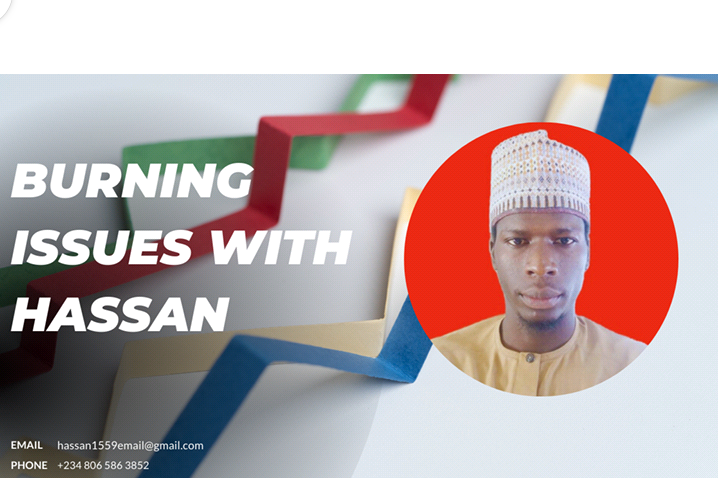In recent times, the harsh economic conditions in Nigeria have compelled a significant portion of the population, especially the poor, to abandon hospital visits.
The high cost of medical care, coupled with the lack of essential services and resources in healthcare facilities, has left many Nigerians with no choice but to seek alternatives such as herbal medicine or, in some cases, to avoid treatment altogether.
Public hospitals, which are supposed to offer affordable healthcare, have become inaccessible to the masses due to exorbitant fees.
Even though government officials and politicians often claim that healthcare services, including medicines and surgeries, are free in public hospitals, the reality on the ground tells a different story.
Patients are routinely charged for everything from consultations to medications, leaving many unable to afford even the most basic treatment.
The lack of functional medical equipment and an inadequate supply of essential drugs in public hospitals further exacerbate the problem.
These facilities, which are meant to serve as a safety net for the poor, are ill-equipped to handle the demands of the population.
Yet, they continue to impose hefty charges on patients, creating a paradox where the most vulnerable are the ones who suffer the most.
In desperation, many Nigerians are turning to traditional or herbal medicine, not because they prefer it, but because it is a more affordable option compared to the prohibitive costs associated with hospital care.
For many, the choice is between spending their limited resources on expensive medical care or using what little they have to meet other basic needs like food and shelter.
The situation has become so dire that reports indicate about 70% of Nigerians now prefer to stay home and endure their illnesses rather than face the financial burden of hospital treatment.
Tragically, this means that many preventable deaths occur simply because people cannot afford to access healthcare.
Meanwhile, Nigerian politicians and elites, who have the means, often seek medical treatment abroad, leaving the majority of the population to rely on a broken healthcare system.
This stark inequality highlights a lack of accountability and a failure of governance. The question on many Nigerians’ minds is: how can the government claim to represent the people when basic needs like healthcare, education, roads, and electricity remain neglected?
In many developed countries, healthcare is either free or heavily subsidized, ensuring that everyone, regardless of income, can access life-saving treatments.
In Nigeria, however, successful surgery or advanced medical treatment in a hospital is often made possible only through the intervention of NGOs or private individuals willing to cover the costs.
This growing disparity calls for urgent action from the federal government. There is a pressing need for comprehensive healthcare reform that prioritizes the needs of ordinary citizens.
Free medical care, especially for the poor, should no longer be a promise but a reality. Public hospitals must be adequately funded, equipped, and staffed to provide quality care to all Nigerians.
If these issues are not addressed soon, the consequences could be catastrophic. Widespread public dissatisfaction and the continued suffering of the masses will only deepen the already existing mistrust between the people and their leaders.
As a nation that claims to be independent, Nigeria must act now to ensure that its citizens have access to basic healthcare.
The government must embrace its responsibility to provide for its people, beginning with the implementation of free medical services and improved infrastructure in public hospitals.
Only then can Nigerians begin to trust that their leaders truly have their best interests at heart.



